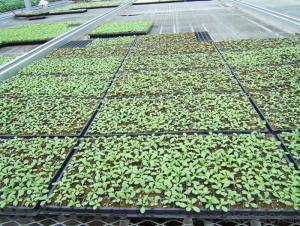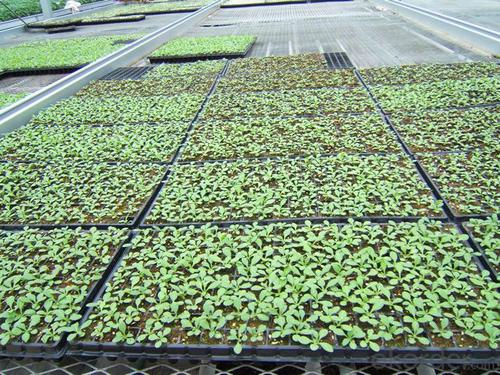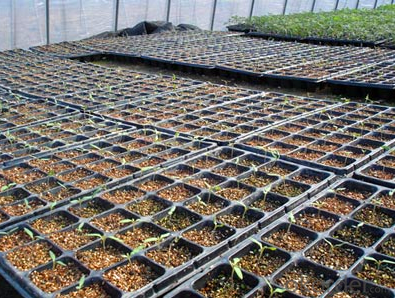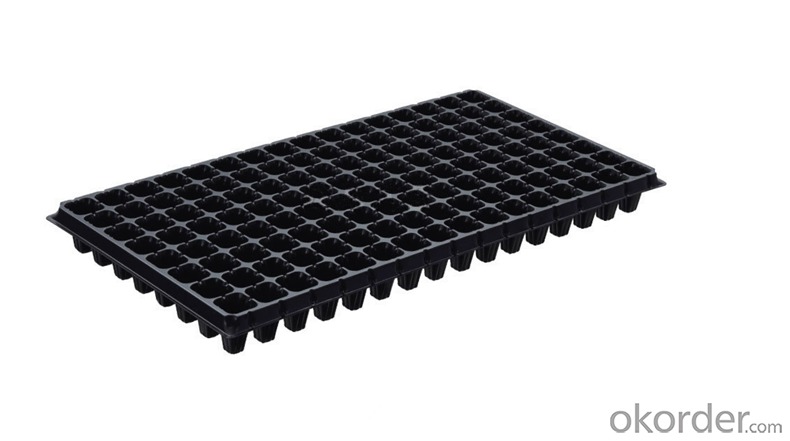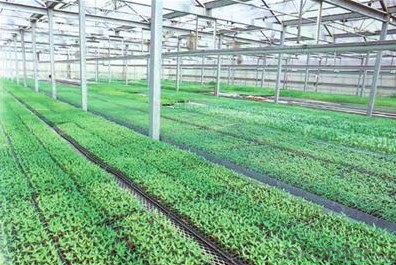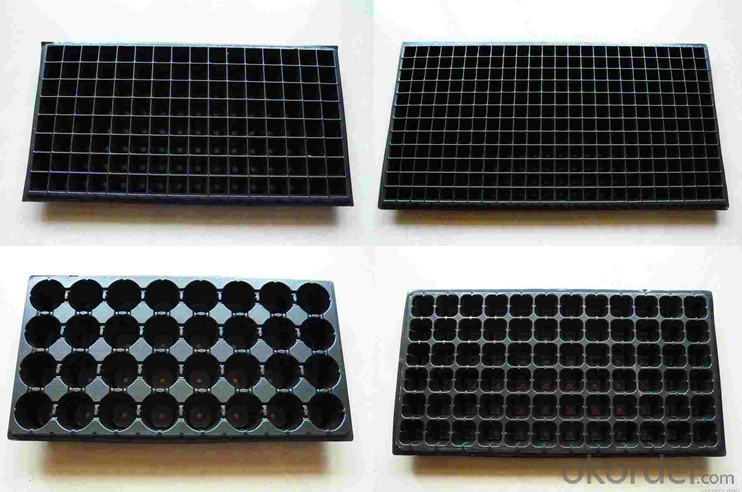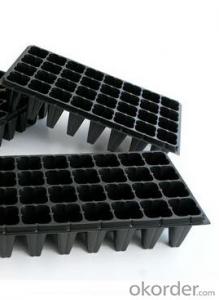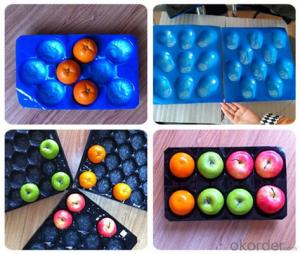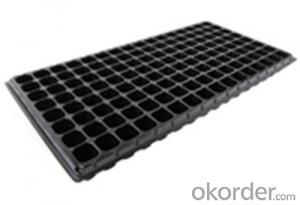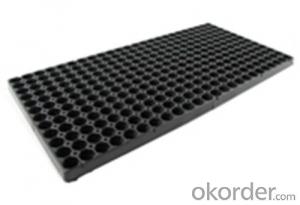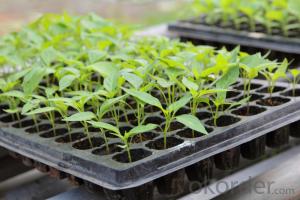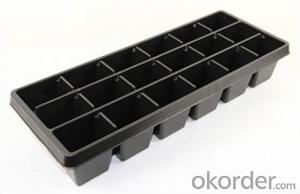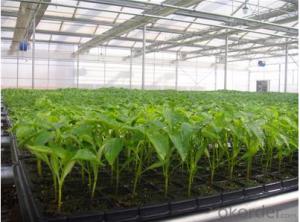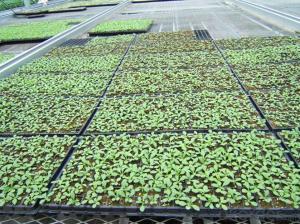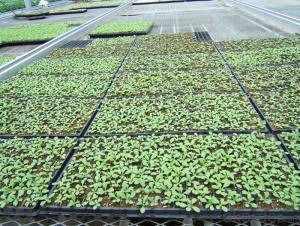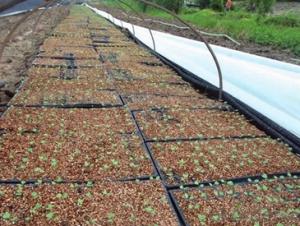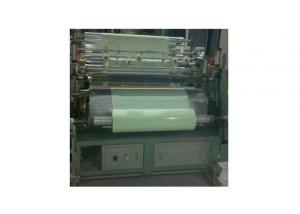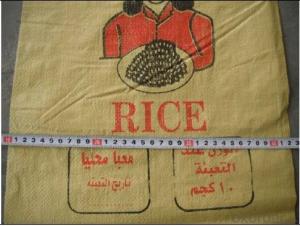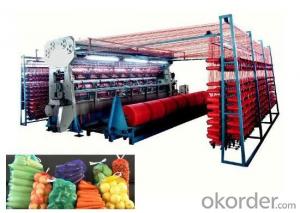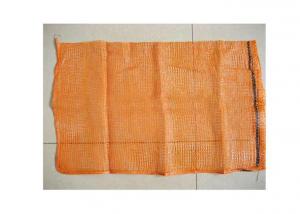PS Polyethylene Eco-Friendly Seed Cell Plug Tray
- Loading Port:
- China main port
- Payment Terms:
- TT OR LC
- Min Order Qty:
- 3000 pc
- Supply Capability:
- 2000000 pc/month
OKorder Service Pledge
OKorder Financial Service
You Might Also Like
Specification of Plug Trays HIPS Made Plastic Plug Tray for Greenhouse (Growing and Seedling):
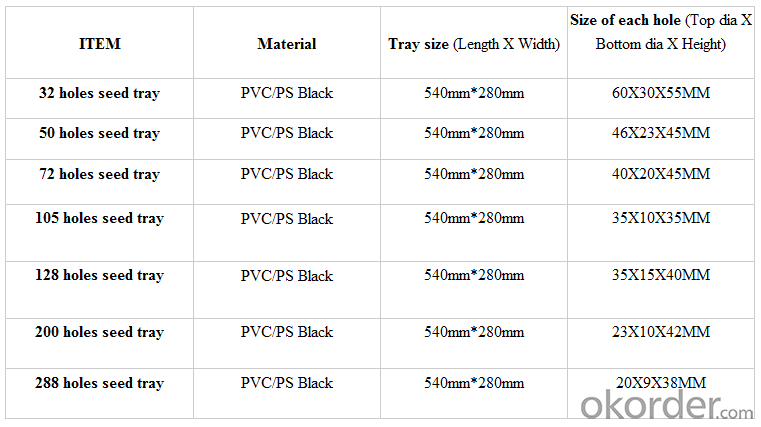
Features of Plug Trays HIPS Made Plastic Plug Tray for Greenhouse (Growing and Seedling):
· Material: HIPS
· Thickness: 0.5mm-1.5mm, Standard:1mm
· Weight: 80g(±5)g-230g(±5)g, Standard weight:155g(±5)g
· Size: length:490mm-540mm, width:190mm-345mm,depth:25mm-150mm
· Standard:540mmX280mm
· Cell count: 18-512
· Package: In Carton
· Warrenty: 8-10 times
Packaging & Delivery
Packing Detail: export standard carton or large bags
Delivery time: 4 million per momth after receipt of deposit
Advantage:
Waterproof, UV-resistant, extrusion-resistant
Easy carry for young seeding plant and grow
Service:
1. Quick, efficient and professional response within 24 hours, 14 hours online services
2. 10 years manufacturing and exporting experience in agriculture field.
3. Technical support and solution by chief engineer.
4. Strict quality control system & team, high reputation in the market.
5. Full range of irrigation products for choice
6. OEM/ODM services
7. Accept sample order before Mass Order
Picture of Plug Trays HIPS Made Plastic Plug Tray for Greenhouse (Growing and Seedling):
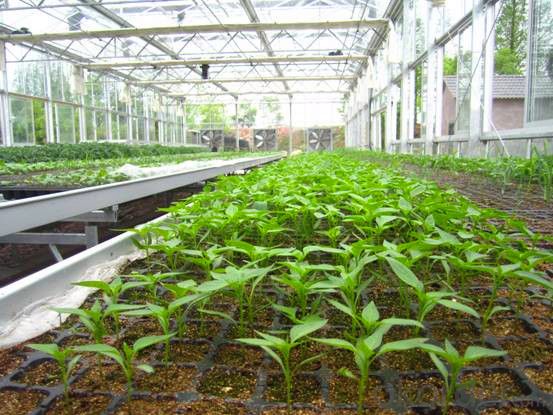
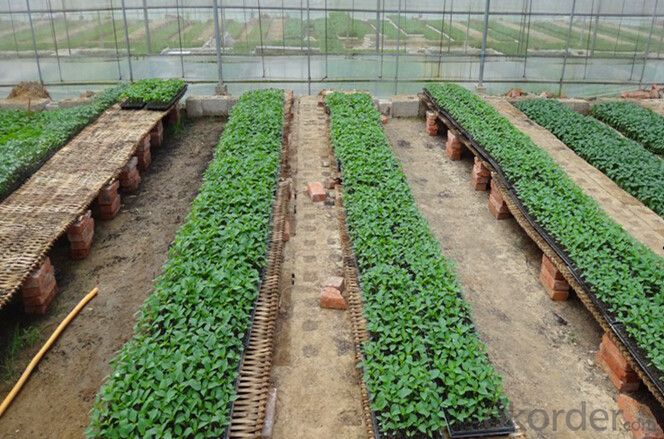
FAQ of Plug Trays HIPS Made Plastic Plug Tray for Greenhouse (Growing and Seedling):
Q: 1.How long is the production time?
A: Usually one to two weeks.
Q: 2.How is the seed tray being packaged?
A: They can be packaged in carton or pallets. Carton size is 1375px*725px*1250px.
Q:3.How many times can the seed tray be used?
A: Under the same environment, it is decided by the thickness. Usually 0.6mm thickness can be used for 1 or 2 times.
1.0 thickness can be used for 3-4 times. 1.5 thickness can be used for 8-10 times.
- Q: Im wanting to do a magnetic board for hanging fabric and I know that there is magnetic paint, but would would it work for hard plastic container that are kinda larger.
- confusing stuff. do a search at yahoo or google. that could help!
- Q: well i was wondering how plastic is made. please include the reactions involved thanks and be as specific as possible. thankss
- plastic is the name for a lot compounds so i will thell you the way for the one compound i know.it?s PVC(polyvinylchloride). it is made from acetylene. first acetylene is reduced to ethylene by hydrogenation. HC(triple bond)CH -----H2/Pd---> H2C=CH2 and then one hydrogen atom is substituted by chlorine to get PVC H2C=CH2 + Cl2 -----> --(HC-CHCl)-- (the result is polymerisation)
- Q: Can nursery trays be used for growing herbs for culinary use?
- Yes, nursery trays can be used for growing herbs for culinary use. These trays provide a convenient and organized way to start herb seeds or propagate herb cuttings. They allow for proper drainage and can be easily moved or placed in a greenhouse or windowsill. However, it is important to ensure that the trays are clean and sterile to prevent any contamination and to use a suitable potting mix for healthy herb growth.
- Q: What are the best ground cover plants for heavy foot traffic areas?
- Some of the best ground cover plants for heavy foot traffic areas include creeping thyme, creeping juniper, and Irish moss. These plants are known for their ability to withstand frequent trampling and still maintain a vibrant and healthy appearance.
- Q: What are the different types of plastic pots used in hydroponics?
- There are several types of plastic pots commonly used in hydroponics, including net pots, grow bags, nursery pots, and smart pots. Each type has its own unique features and benefits, such as improved aeration, better drainage, and more efficient use of space.
- Q: Please, if you can, tell how each type of plastic looks like.
- complex step. do a search from a search engine. that may help!
- Q: I have to write an essay against plastic surgery, but I need help with a good HOOK...idk how to get the readers attention.
- Hello... Pro's And Con's Of Plastic Surgery In America University of Phoenix | The Pro’s and Con’s of Plastic Surgery | Com 150 Effective Essay Writing | Patrice Elliott 11/15/2009 | So many people wonder about plastic surgery. Ranging, from individuals who have been plagued by disease, and need it to feel whole, to those who are vain and want to look different. Cosmetic surgery has come across more people’s minds in this day and age than in any other time in history. Plastic surgery has been viewed as a form of art, in that it can literally make a person appear as someone else. Perhaps renew a confidence you used to have, or give you confidence you never had, but are there risks and are you ready to accept them? Plastic surgery originated in ancient India. It is well documented in Sushruta Samhita (June 2006) by Kaviraj Kunjalal Bhishagratna, “that several types of surgery were performed in the Vedic period about 3500 B.C... You can get more info here:
- Q: Does the use of plastic mulch in agriculture have an effect on weed growth?
- <p>Yes, agricultural plastic mulch can effectively prevent weeds from growing. It acts as a physical barrier that blocks sunlight from reaching the soil surface, inhibiting weed seed germination and growth. The mulch also conserves soil moisture and regulates soil temperature, which can further suppress weed development. Additionally, some mulches can be designed to release chemicals that inhibit weed growth, enhancing their weed control effectiveness.</p>
- Q: How do agricultural plastic products help with hydroponic deep water culture?
- Agricultural plastic products play a crucial role in hydroponic deep water culture by providing a range of benefits. Firstly, plastic materials such as PVC pipes and tubing are used to build the necessary infrastructure for the system, including the hydroponic channels and reservoirs. These plastic components are durable, lightweight, and resistant to water, making them ideal for creating a reliable and long-lasting hydroponic setup. Additionally, agricultural plastic products are used to create specialized containers or pots that hold the plants' roots in the nutrient-rich water solution. These containers are designed to optimize the oxygen and nutrient supply to the plants, promoting healthy growth and maximizing crop productivity. The plastic containers are typically lightweight and easy to clean, allowing for efficient management of the hydroponic system. Furthermore, plastic films or sheets are often used as covers for the hydroponic channels or reservoirs to prevent evaporation and maintain optimal temperature and humidity levels. These plastic covers help to conserve water, reduce the risk of contamination, and create a controlled environment that enhances plant growth. Overall, agricultural plastic products are essential in hydroponic deep water culture as they provide the necessary infrastructure, containers, and covers that contribute to the efficiency, productivity, and sustainability of the system.
- Q: This question asks about the various applications of plastic materials in agriculture.
- <p>Agricultural plastic products have a wide range of uses. They are used in greenhouses to control temperature and humidity, enhancing crop growth. Plastic mulches are used to suppress weeds and retain soil moisture. They are also utilized in drip irrigation systems to conserve water. Plastic films are employed for seedling cultivation, and plastic-coated wires support growing plants. Additionally, plastic containers are used for storage and transport of agricultural produce, while plastic nets protect crops from pests. These products significantly contribute to modern agricultural practices, improving efficiency and yield.</p>
Send your message to us
PS Polyethylene Eco-Friendly Seed Cell Plug Tray
- Loading Port:
- China main port
- Payment Terms:
- TT OR LC
- Min Order Qty:
- 3000 pc
- Supply Capability:
- 2000000 pc/month
OKorder Service Pledge
OKorder Financial Service
Similar products
Hot products
Hot Searches
Related keywords
